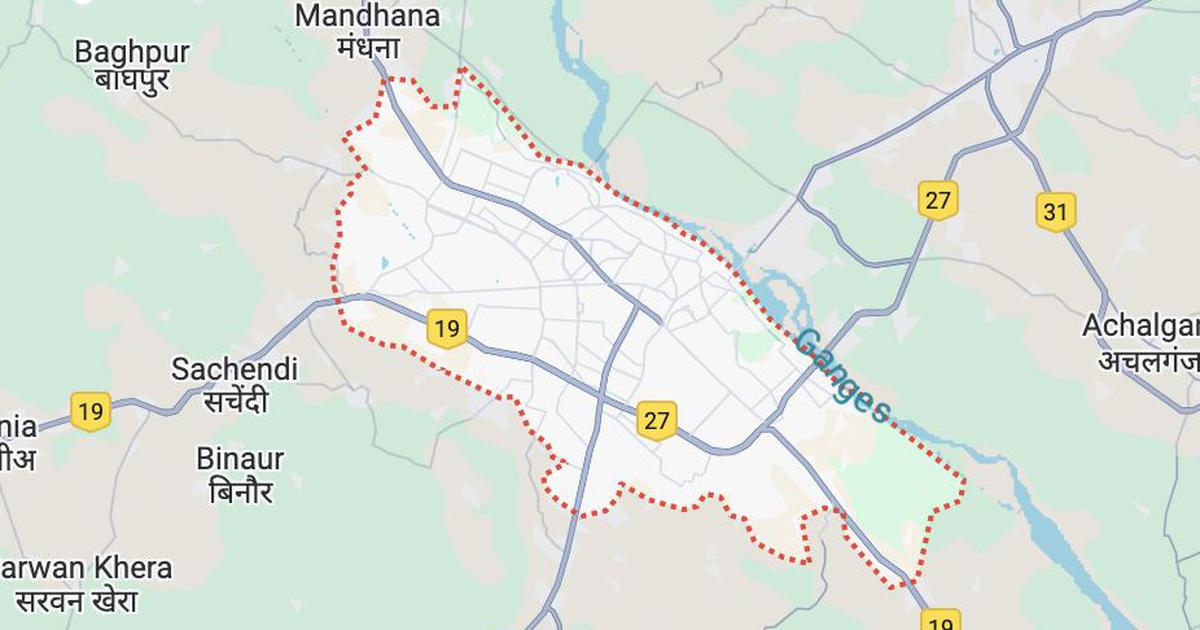IN OCT. 2022, India’s Ministry of Science and Technology, in collaboration with other ministries and departments, announced that it would host a four-day conference called “Akash For Life” at a university in the northern Indian city of Dehradun.
“Akash” translates to “sky” or “spirit” in Hindi, and refers to one of five universal elements according to Hinduism. The event, according to its organizers, would integrate such traditional concepts into an academic sphere, and seek to “educate the youth of India to the wisdom of ancient science along with modern scientific advancements.”
But no sooner than the event was announced, it stirred furor in the Indian scientific community.
In a statement issued later that month, the Karnataka chapter of the nonprofit India March for Science wrote, “We reject the concept of Panchabhootas” — referring to the Hindu concept of the five elements. “The sky, earth, water are not elements. Such concepts have been deleted from science books a long time back.”
The West Bengal chapter was similarly clear in its disapproval: “Any attempt to belittle or trivialize humanity’s quest for knowledge through the scientific method has to be debunked and thoroughly rejected.”
The Ministry of Science and Technology did not respond to multiple requests for comment from Undark.
The “Akash” conference was just one of the latest events in India to face charges of pseudoscience as academics grow concerned about the country’s rise of conspiracies and falsehoods. Journalist Ruchi Kumar reported on this phenomenon for Undark in 2018, but experts say such discourse has only picked up in pace — and increasingly spread to institutions, where the next generation of scientists are being educated.
Aniket Sule, an associate professor at the Tata Institute of Fundamental Research in Mumbai, noted that while fringe voices can be few and far between, they are still given prominence at conferences and meetings, which paints a wrong picture for the entire faculty.
“Now, what has happened is that these fringe right-wing sympathizers have been given prominence,” said Sule. “Even if, for example, out of a hundred people, if there is one right-wing sympathizer, then that one person would be called to all events.”…
This story was originally published in undark.org. Read the full story here






